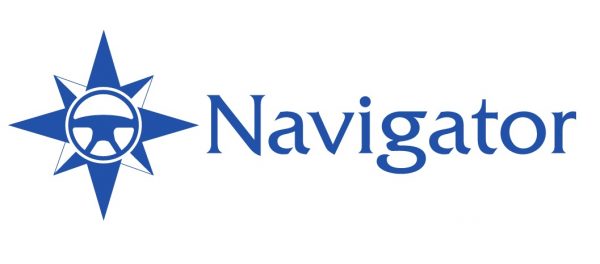It’s now normal practice for companies to use agencies for workers from time to time, this is generally to cover the peak or holiday seasons.
Whilst they are seen as temporary staff, it is important to remember that the workers are directly under your supervision and you still have responsibilities for their safety.
Initially it is yourself that specifies to the agency any qualification, skills or abilities required in order to carry out the work safely. You may request relevant previous experience or a level of fitness required for manual work. The agency is then required to pass this information to their workers however it is yourself that also has a legal duty to pass on the same information directly to the worker. It is ideal to put a copy of this in the induction pack available to show the worker on their first day and clarify they meet the criteria.
Further, you can ask the agency to confirm in writing that the worker fits the criteria and send relevant copies of applicable certificates/qualifications.
Once you are happy with the above, you must provide induction training. It is best practice to make it clear to the workers which tasks they are required to carry out and undertake supervision to ensure that any procedures are carried out properly.
If the worker is required for a job that involves potential risks such as working in a workshop, it is your responsibility to ensure a risk assessment of the work is undertaken. Further, the agency must also understand the potential risks. It is best practice to supply the agency with copies of the relevant risk assessments and the contents in particular are relayed to the applicable workers.
If any personal protective equipment is required then you must ensure the worker has it and wears it. Self-employed workers should have their own, however agency workers should have it provided free of charge by the agency. Generally speaking in practice, you may need to pitch in. Protecting workers from the risks on your site is your responsibility and you need to ensure protection is adequate.
It is important to remember, although agency workers are generally temporary, from the first day of their employment, they are entitled to the same access to facilities which other permanent staff members have such as staff canteens or transport and to be informed about job vacancies which arise.
If an agency worker has completed 12 weeks then they will be entitled to the same conditions of employment as if they had been directly employed by the employer on day one of the job, this includes pay (bonus, commission, holiday pay) and working rights (annual leave, paid time off to attend ante-natal appointments).

Our dealers use us to help them be more Efficient and Profitable!
You can use our Dealer and Lead Management software to integrate all dealership departments, both online and physical ; providing all in-house functions; Invoicing, Stock Management, Accounting and Marketing as well as interfacing for advertising, ecommerce and more.








